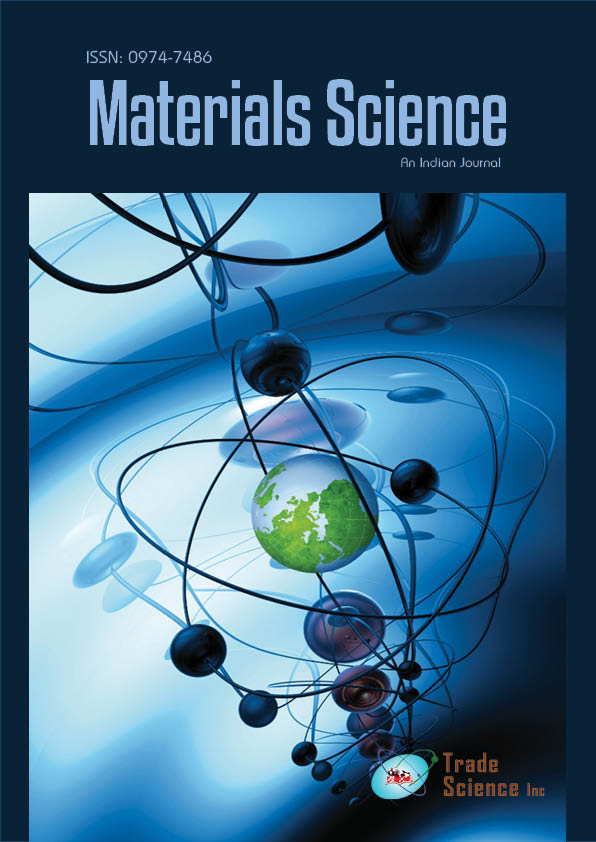抽象的
Production, Optimization and Partial purification of Acid Protease from Aspergillus spp. Isolated from Soil Contaminated with Abattoir Waste
Manoj Kumar, Raghunath, Venkata Reddy, Seela Radha, Narasimha Golla
Acid protease has applications in pharmaceutical, food, leather, detergent industries. In this study, we performed medium optimization for protease production through one variable at a Time. Submerged fermentation of fungal culture Aspergillus was initiated with equal volumes of molasses and cheeses whey. The optimal pH and time of incubation was carried over pH range 2 to 9 and time of 3 to 7 days. Further enzyme productivity was tested with 1% (w/v) nitrogen sources followed by carbon sources. Best carbon and nitrogen sources were optimized upto 3% (w/v). The crude protease was partially purified by performing salt precipitation over 40 to 85% saturation. The protease activity of 3.648 μ/ml was obtained with the optimal pH of 4.5 and an incubation of 5 days. Best additional nitrogen source was found to be soya bean meal and its optimum concentration was determined as 1% (w/v). Similarly glucose enhanced the enzyme activity from 4.171 to 4.638 U/ml and finally the optimal values were found to be 1.5% (w/v). Production medium of acid protease from Aspergillus spp. was designed through conventional method, One Variable At a Time (OVAT) in an easy manner. Peak enzyme activity was found to be 4.638 U/ml with the combination of molasses and cheese whey supplemented with 1% (w/v) soya bean meal and 1.5% (w/v) of glucose. The protease was partially purified through precipitation by ammonium sulphate followed by dialysis with an enhanced the activity of 5.545 μ/ml.
